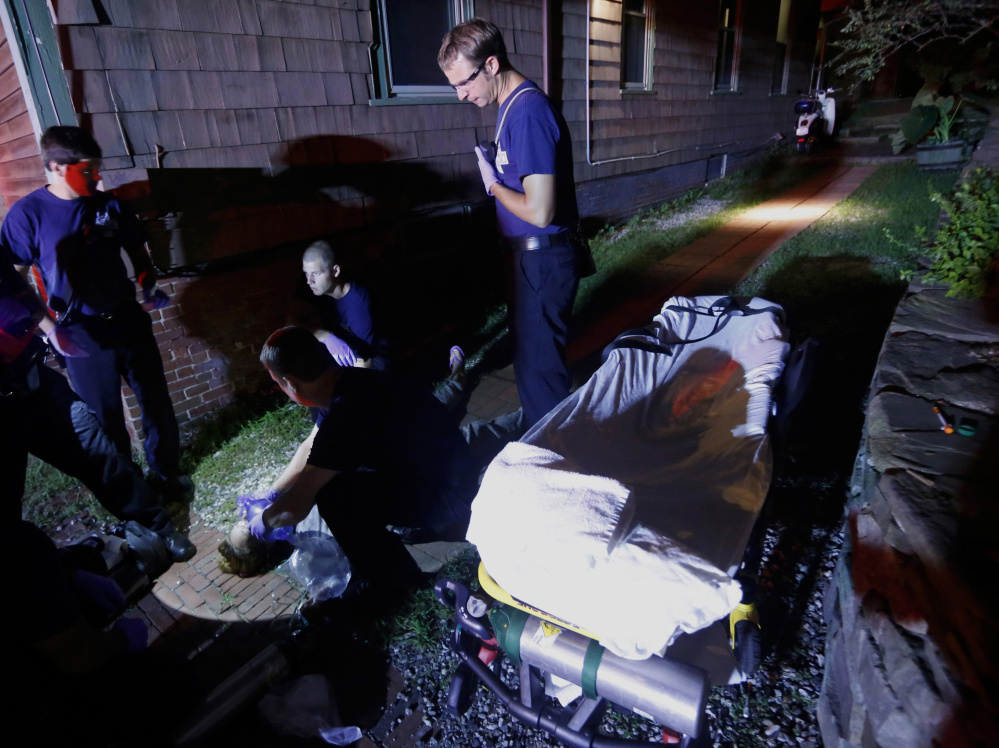After those struggling with the disease of addiction go through withdrawal and stop using drugs, they often need the support of sober living homes to remain substance-free.
As the opioid epidemic has surged, affordable, stable housing for people in recovery has been in short supply in Maine. But that could change if the Greater Portland Addiction Collaborative gets the attention and funding it deserves this week in Washington.
Securing support for 48 beds in four Portland-area recovery homes is the goal of the local contingent’s meeting at the White House on Thursday with private investors. And it’s one that accords with the collaborative’s comprehensive plan, which seeks to build on and coordinate existing social services so that the addiction treatment system can accommodate more people in need and is easier for them to navigate.
Sober houses offer structure and accountability to those with addiction issues as they build the skills needed to stay off drugs. Out of environments that enabled them to use, clients get drug testing to ensure they stay sober, along with 12-step programs, a curfew and volunteer opportunities.
The addiction collaborative is taking a big step forward by including medication-assisted treatment in its recovery homes. Suboxone and methadone, which reduce drug cravings and ease withdrawal symptoms without producing a high, are the gold standard of both detoxification and long-term treatment. However, sober living residences that allow Suboxone patients are almost nonexistent in Maine – an approach that’s neither compassionate nor cost-effective.
The proposal to expand sober living space in Maine will help people at all stages of the recovery journey. The only detox center now operating in Maine, run by Portland’s Milestone Foundation, has been housing clients who have withdrawn from drugs but need a safe place to live.
So there’s less room for those trying to withdraw safely from opioids, resulting in a staggering waiting list and a grim cycle of relapsing, overdoses, emergency room visits and – all too often – death. If the collaborative’s plan is funded, Milestone would be able to hire more staff and discharge those who’ve completed the detox program to the new recovery homes.
There’s no one simple solution to Maine’s drug epidemic. But the Greater Portland Addiction Collaborative has developed evidence-based proposals that could reduce bottlenecks throughout the treatment process, and we hope the group gets the funds it needs to put its plans into action.
Send questions/comments to the editors.



Comments are no longer available on this story